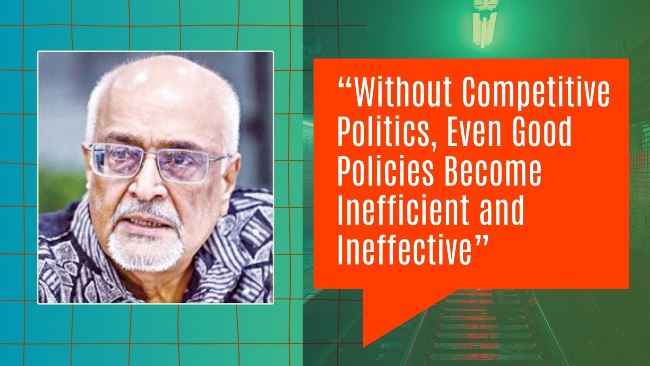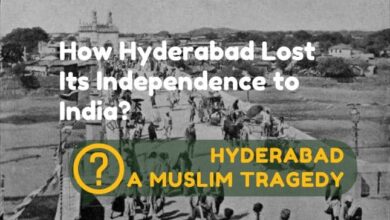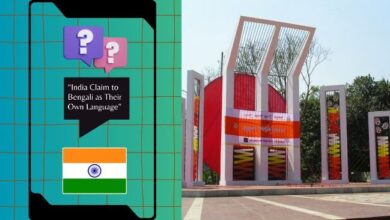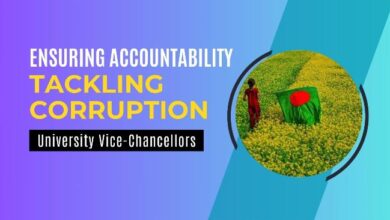Without Competitive Politics, Good Policies Fail to Deliver Effectively: Debapriya
"Without Competitive Politics, Even Good Policies Become Inefficient and Ineffective": Dr. Debapriya Bhattacharya

Dr. Debapriya Bhattacharya, a distinguished fellow of the private research organization Centre for Policy Dialogue (CPD) and an economist, analyzed the success of government initiatives during the COVID-19 pandemic and stated, “We have always emphasized the need for competitive politics. The pandemic has shown that in its absence, even good policies can become inefficient and lack transparency.”
He added, “Regardless of Bangladesh’s economic growth, its benefits have not been equitably or effectively distributed. The pandemic has exposed the vulnerability of marginalized groups, revealing their limited capacity to withstand such shocks.” These remarks were made in a recent interview by this globally recognized economist.
Economic Inequality Exposed by the Pandemic
Dr. Bhattacharya further remarked, “For over a decade, those concerned about the shadow of inequality overshadowing high growth rates failed to prove their points convincingly. The pandemic has cruelly validated their concerns.”
On government initiatives, he stated, “The government’s initiatives were well-intentioned and appropriate. However, we have long argued for empowering local governments and strengthening their capacities. Due to this lack of empowerment, the government was unable to deliver its assistance effectively to grassroots levels.”
Challenges beyond Policies: Structural Weaknesses
Dr. Bhattacharya believes the impact of COVID-19 will linger long after the pandemic ends. He stated, “The issue is not just about policy but structural weaknesses. No matter how good the policies are, without robust institutions and addressing structural issues, their effectiveness remains limited.”
He appreciated some of the points made in the Prime Minister’s address on the Bengali New Year, including increasing social security, providing incentives to the private sector, and improving liquidity. However, he observed that “Weak administration, fragile local government systems, ineffective political culture, lack of functional democracy, absence of diverse perspectives, and poor information flow have hindered the implementation of these policies, preventing their full benefits from reaching the people. The current discourse is not so much about policy formulation but rather about its implementation.”
Recommendations and Needed Reforms
On what needs to be done, Dr. Bhattacharya said, “The biggest challenge in reforming policies in Bangladesh is the attitude of denial, disregard for data, and labeling critical voices as adversarial. This approach creates a culture of denial, where loyalty outweighs merit. Breaking out of this mindset requires a psychological transformation.”
Expressing skepticism about development data, he stated, “I do not find international projections entirely credible. Their data foundations are often shifting and influenced by global relations. Just because international organizations provide certain figures doesn’t mean we should dismiss our lived experiences.”
Advising the government, he emphasized, “The first priority should be increasing investable resources, primarily through enhanced tax collection. This doesn’t mean raising tax rates but broadening the tax base. Tackling corruption, preventing capital flight, and addressing tax evasion are critical steps. From a usage perspective, health sector investments must be increased. Over the next five-year plan, if health investments don’t rise by 3% of GDP annually, major issues related to health and malnutrition will arise. It is also time to consider a universal social protection program in Bangladesh, even if funded incrementally.”
The Role of the Emerging Middle Class
Dr. Bhattacharya added, “I believe the aspirations of the emerging middle class should be given greater importance. Meeting their expectations will be the biggest political challenge of the future. As Karl Marx said, capitalism breeds its own gravediggers. Similarly, the growing disparities resulting from high growth rates will give rise to a middle class that challenges these inequities. Therefore, I see a significant role for the emerging middle class in driving Bangladesh’s future transformation.”




